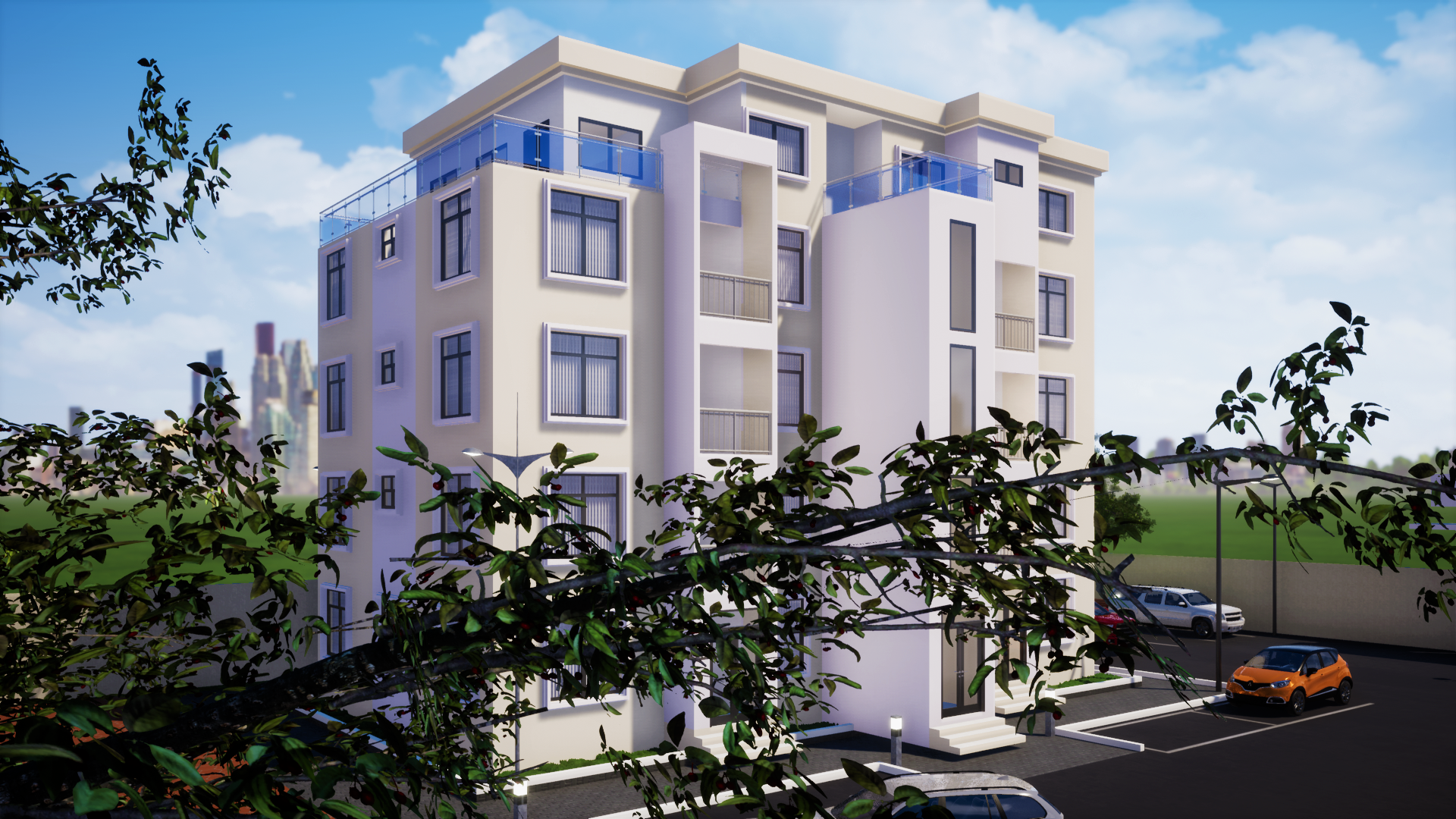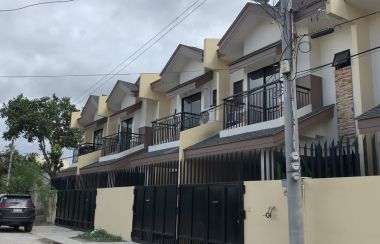Why the need for a Comprehensive Rent Education in Ghana

In a nation with an estimated housing deficit of 2million, most persons are left with the option to rent, usually at costs that can sometimes be ‘wallet piercing’.
Rents are a huge market in Ghana and account for a significant number of housed persons. A lot more people are tenants than owners.
Despite the numerous challenges associated with this system of sheltering, people are usually left in desperation due to the lack of reasonable varieties and options within the housing market.
This desperation usually means people rent at sky high prices, unreasonable periods, and via payment modes that are not in line with national property rules and regulations.
Sanitizing Rent
For a market that has witnessed numerous litigation cases over the years, little or nothing has been done to rid the property rent sector off its ills.
Some of the ills range from payment structures, lack of sanitary facilities, structural defects and contractual disagreements due to non-documentation. One may be quick to assert that these situations only affect low to mid-level properties, but the issues cut across.
Responding to these issues has proven tough for government, renters and tenants. Under the laws of Ghana, the Rent Control department is tasked with the duty of bringing sanity to the sector.
For its numerous efforts to undertake its constitutional mandate, the department’s efforts have largely proven futile because the issues still persist and keep soaring.
Educating Stakeholders
A look through the nation’s laws on rent and property ownership, in comparison to continental neighbours reflects positivity. Yet, these laws are disregarded by both renters, tenants and unimplemented by those in charge.
There is an urgent need to create awareness on the rights of tenants and landlords and the regulations guiding the rent sector. The biggest challenge is determining what to pay, for what period of time.
Landlords are unlikely to rent a building out if prospective tenants do not deposit a year or two rent for starters. Once again the lack of knowledge on the issue means, tenants end up paying these deposits.
The only way to address the issues is through mass education, as litigation has proven to be an unviable resort.
People must be made aware as to what is posited by the law regarding rent and be made to comply.
Ghana Property Awards NS -Registration Opens

The Need to Provide Comprehensive Rent Education
Ernest Pappoe
In a nation with an estimated housing deficit of 2million, most persons are left with the option to rent, usually at costs that can sometimes be ‘wallet piercing’.
Rents are a huge market in Ghana and account for a significant number of housed persons. A lot more people are tenants than owners.
Despite the numerous challenges associated with this system of sheltering, people are usually left in desperation due to the lack of reasonable varieties and options within the housing market.
This desperation usually means people rent at sky high prices, unreasonable periods, and via payment modes that are not in line with national property rules and regulations.
Sanitizing Rent
For a market that has witnessed numerous litigation cases over the years, little or nothing has been done to rid the property rent sector off its ills.
Some of the ills range from payment structures, lack of sanitary facilities, structural defects and contractual disagreements due to non-documentation. One may be quick to assert that these situations only affect low to mid-level properties, but the issues cut across.
Responding to these issues has proven tough for government, renters and tenants. Under the laws of Ghana, the Rent Control department is tasked with the duty of bringing sanity to the sector.
For its numerous efforts to undertake its constitutional mandate, the department’s efforts have largely proven futile because the issues still persist and keep soaring.
Educating Stakeholders
A look through the nation’s laws on rent and property ownership, in comparison to continental neighbours reflects positivity. Yet, these laws are disregarded by both renters, tenants and unimplemented by those in charge.
There is an urgent need to create awareness on the rights of tenants and landlords and the regulations guiding the rent sector. The biggest challenge is determining what to pay, for what period of time.
Landlords are unlikely to rent a building out if prospective tenants do not deposit a year or two rent for starters. Once again the lack of knowledge on the issue means, tenants end up paying these deposits.
The only way to address the issues is through mass education, as litigation has proven to be an unviable resort.
People must be made aware as to what is posited by the law regarding rent and be made to comply.
Ernest Pappoe PE Media
Comments System WIDGET PACK




.jpg)









































